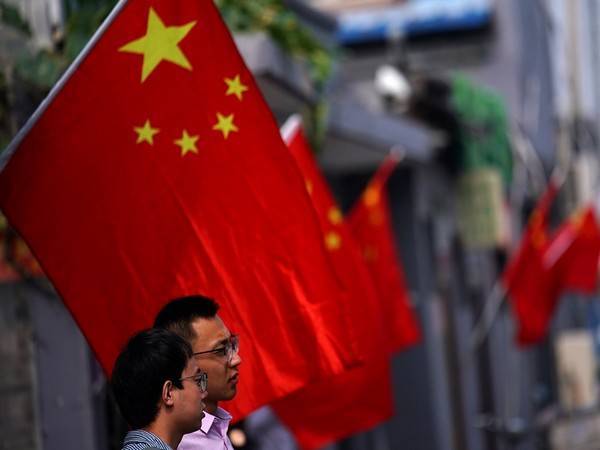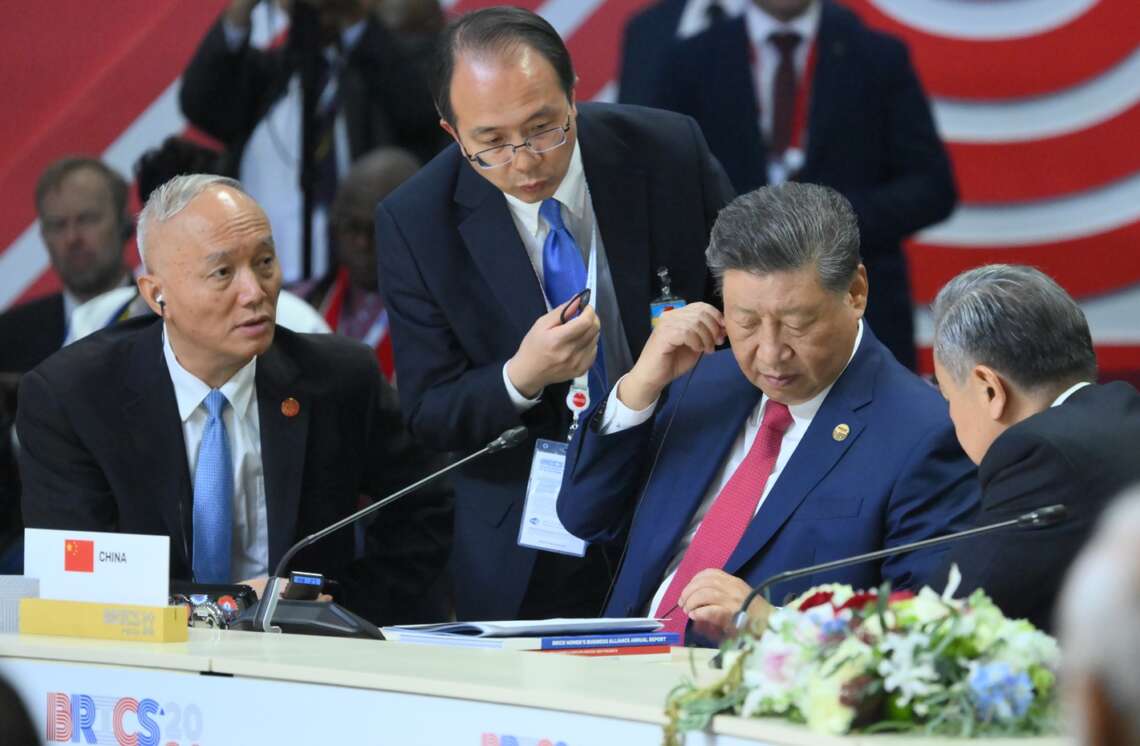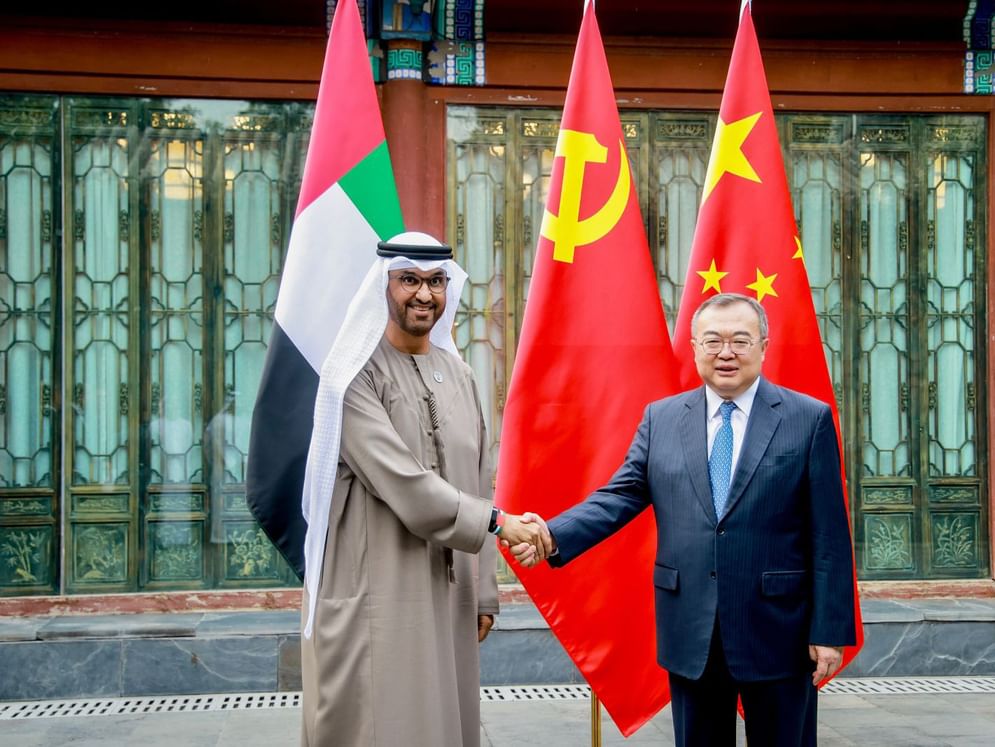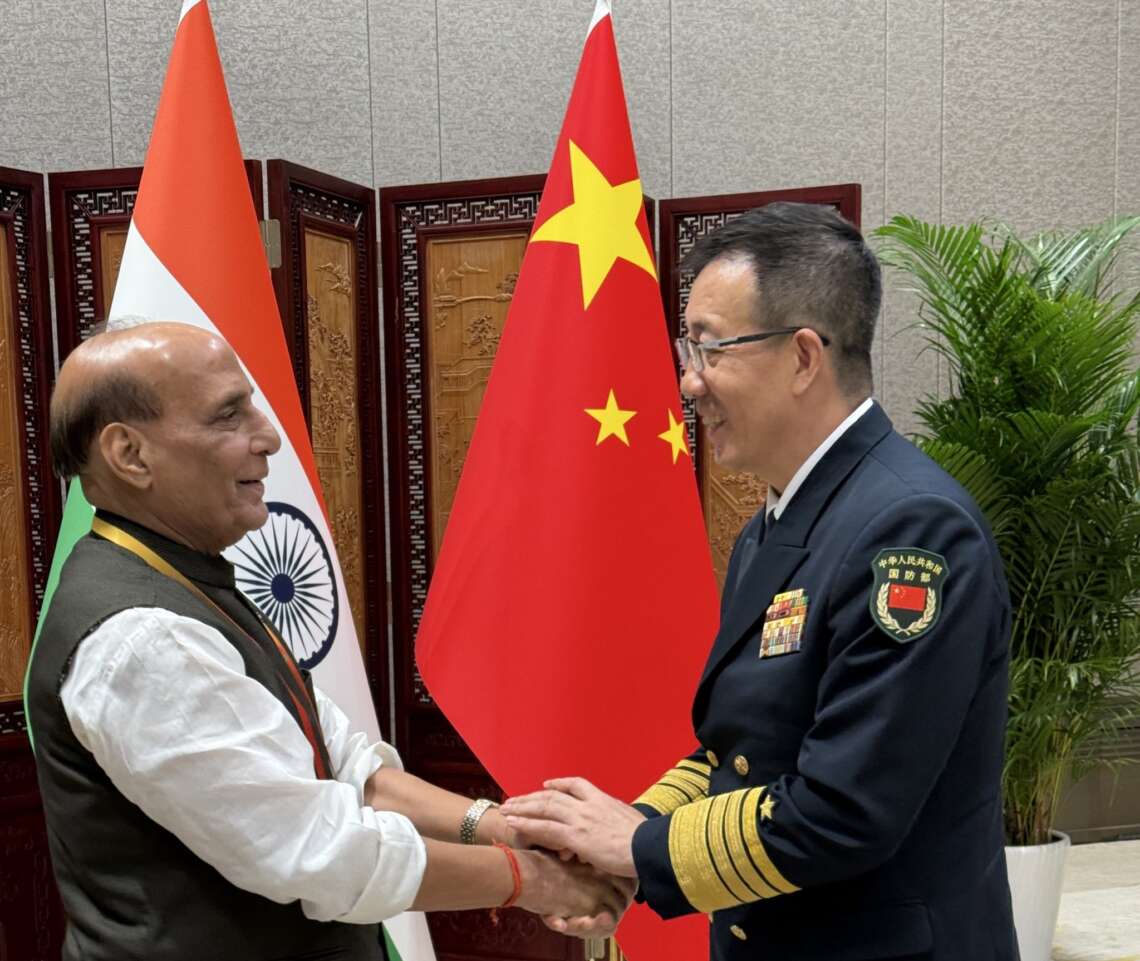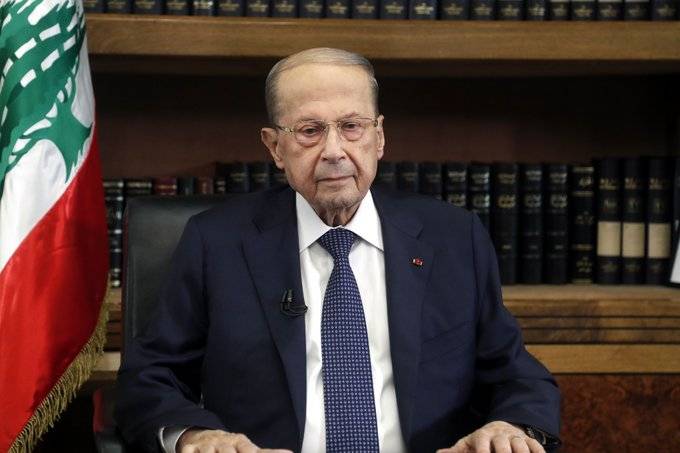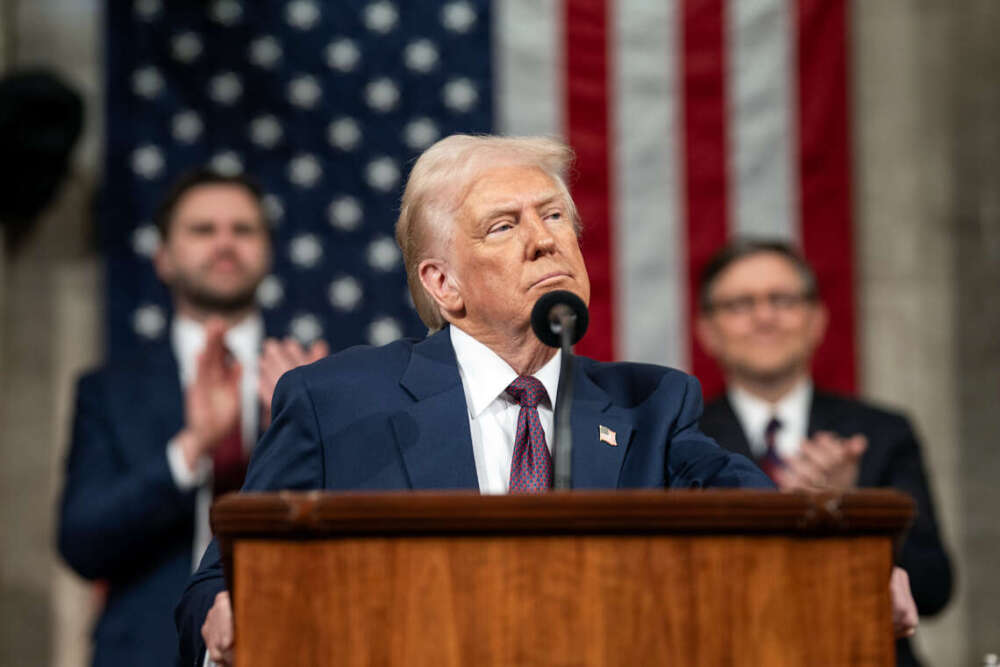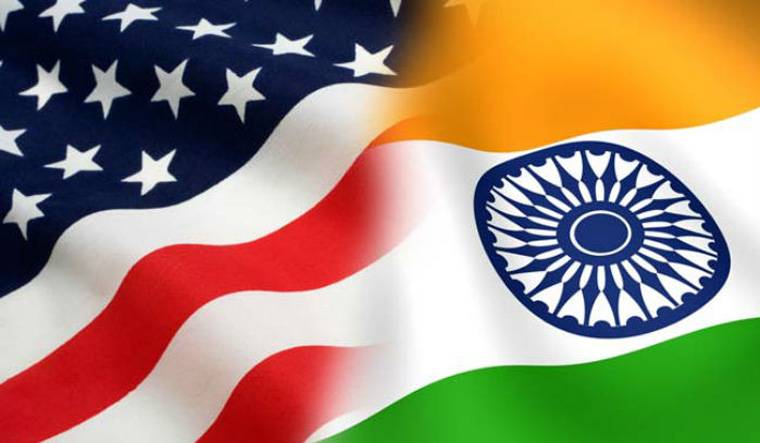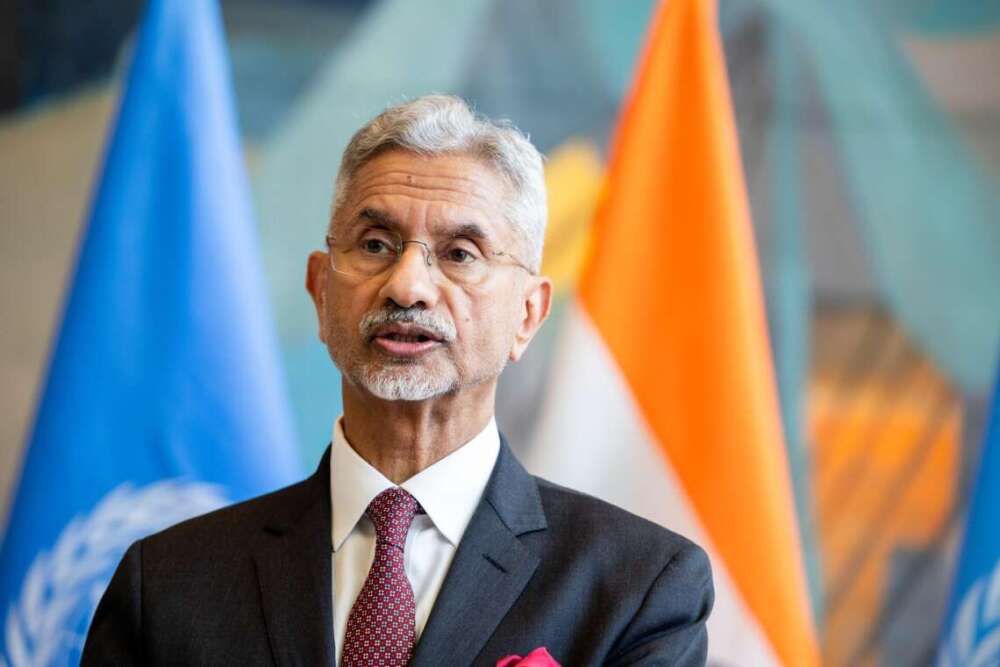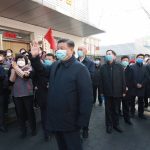International technology companies continued to facilitate censorship in their operations in China.According to reports, Apple created a mechanism to proactively reject or remove apps the company believes could run afoul of government censors …writes Sanjeev Sharma
China devoted resources to expanding mass surveillance systems nationwide, in the absence of meaningful legal protections against unlawful or abusive government surveillance, the Human Rights Watch (HRW) said in its World Report 2022.
Chinese companies with reported links to the government continue to draw global scrutiny for their data collection practices, the HRW report said.
March 2021 marked the fifth anniversary of the landmark Anti-Domestic Violence Law, yet victims continued to face an uphill battle in seeking authorities’ protection and accountability for their abusers. In February, an article by former journalist Ma Jinyu on the violent abuses she suffered by her husband ignited a heated discussion on social media about the government’s persistent failure to prosecute domestic violence.
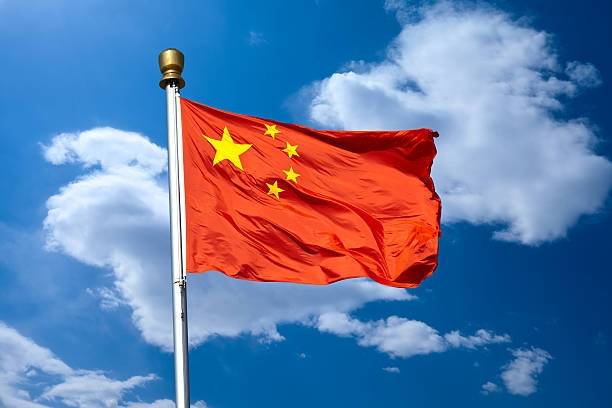
The Belt and Road Initiative (BRI), announced in 2013, is the government’s trillion-dollar infrastructure and investment program stretching across some 70 countries. Some BRI projects have been criticized for lack of transparency, disregard of community concerns, and negative environmental impacts, the HRW said.
The HRW published a report last August that documented economic, social, and cultural rights violations in Cambodia resulting from the Lower Sesan 2 dam’s displacement of nearly 5,000 people between 2013 and 2018 and impacts on the livelihoods of tens of thousands of others upstream and downstream.
The dam was a BRI project funded mainly by a Chinese-state owned bank and built by a Chinese-state owned electricity generation company.
China Labour Watch, an NGO, reported, in April, that overseas Chinese workers working on BRI infrastructure projects in Algeria, Indonesia, Pakistan, and other countries were victims of human trafficking and forced labour, including being deceived into working illegally, held against their will, and forced to work while infected with Covid-19 in early and mid-2020.
China is by far the largest emitter of greenhouse gases globally, making a major contribution to the climate crisis that is taking a mounting toll on human rights around the globe.
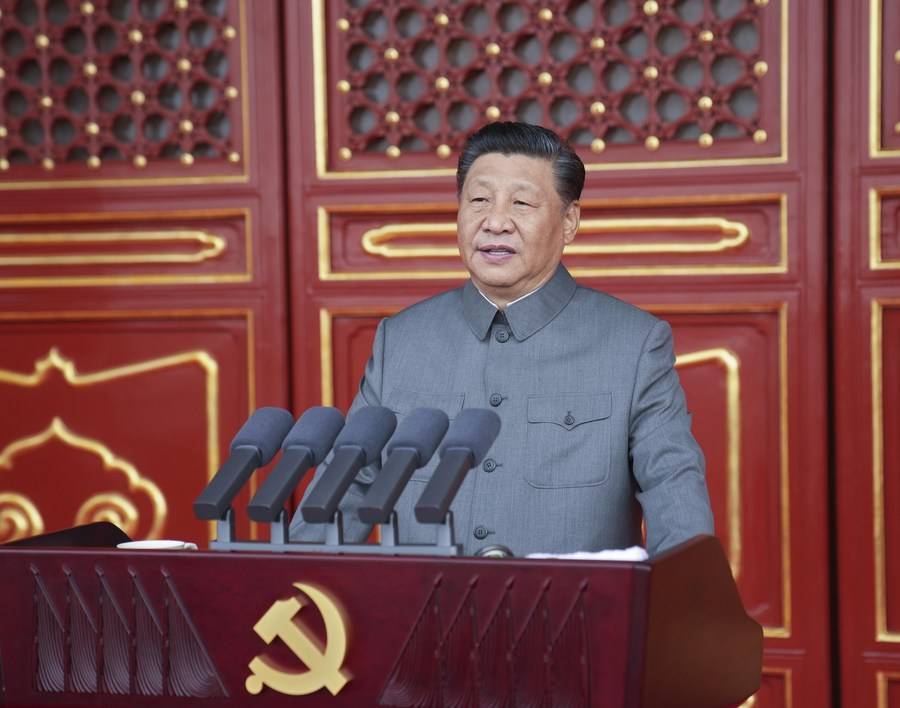
China’s imports of agricultural commodities drive more deforestation globally than those of any other market, including the imports of all 27 member states of the European Union (EU) combined.
Canada, the EU, the UK, and the US imposed coordinated and bilateral targeted sanctions on Chinese government officials and companies responsible for serious human rights violations, including international crimes, in Xinjiang. The US also imposed sanctions on several senior Hong Kong officials for imposing the National Security Law. In August, the US gave Hong Kong people in the US a temporary 18-month “safe haven.”
In September, UN High Commissioner for Human Rights Michelle Bachelet expressed “regret” that the authorities had not given her meaningful access to Xinjiang, and said that her office would issue an assessment of human rights in that region
Parliamentarians in Belgium, Canada, the Czech Republic, Lithuania, the Netherlands, and the UK passed resolutions accusing the Chinese government of committing genocide against Uyghurs; some also called on their governments to limit participation in the 2022 Beijing Winter Olympics. The UK Parliament passed a non-binding motion supporting a diplomatic boycott of the Games. Members of the European Parliament halted the EU’s proposed Comprehensive Agreement on Investment with China, citing human rights concerns, and freezing consideration of the deal for as long as they are subject to Beijing’s counter sanctions. In September, they also adopted a recommendation for a new, more assertive, and better coordinated EU strategy on China, placing human rights at its core.
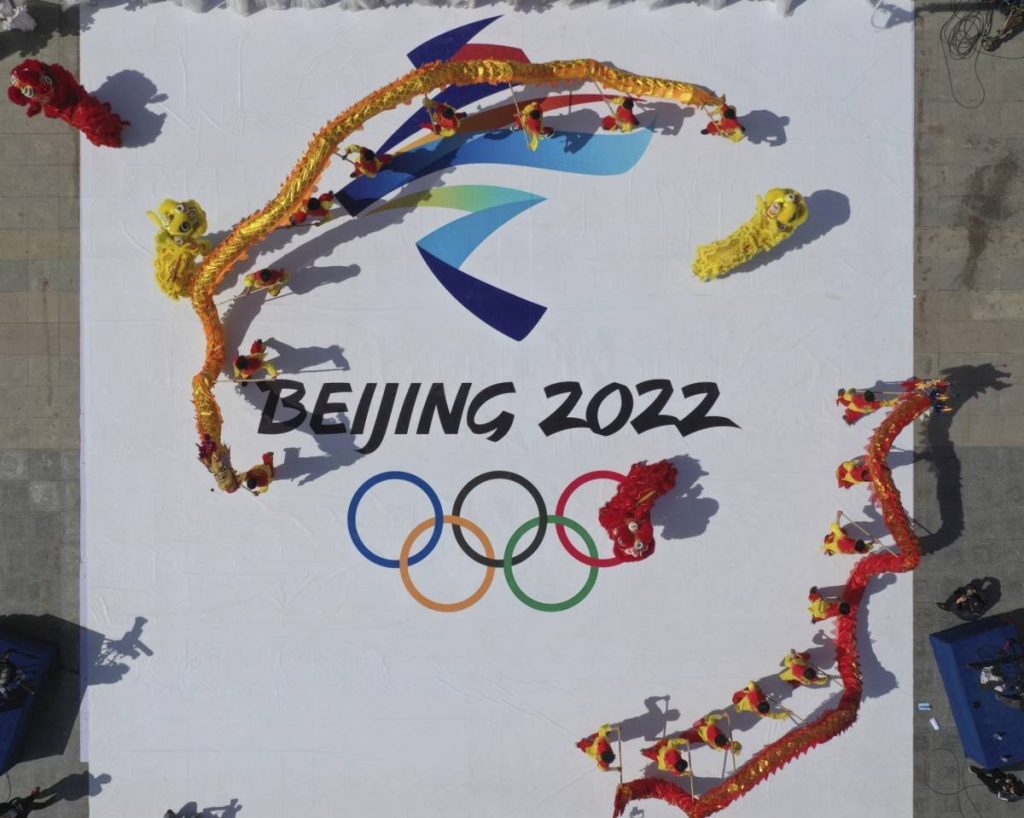
Multinational companies came under greater pressure to withdraw operations from Xinjiang over concerns about forced labor. Those who publicly expressed concerns about that issue, including H&M and Nike, were then targeted for a boycott by consumers in China, the HRW said.
International technology companies continued to facilitate censorship in their operations in China. According to a May New York Times report, Apple created a mechanism to proactively reject or remove apps the company believes could run afoul of government censors
New research shows that Chinese government-linked disinformation campaigns have spread in scope, languages used, and platforms globally, including in 2021 on the origin of Covid-19.
In response to sanctions imposed on Chinese government officials, companies, and agencies, in March, Chinese authorities accused several EU officials and civil society groups of “maliciously spread(ing) lies and disinformation”, and imposed vague sanctions on them. In July, Beijing announced another round of sanctions on US-based individuals and organisations, including Human Rights Watch.


